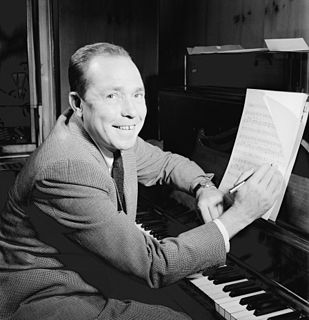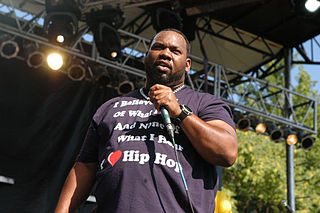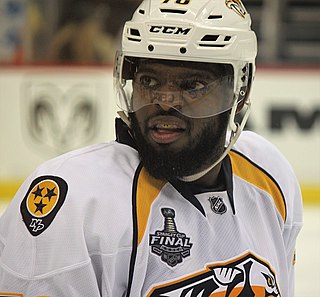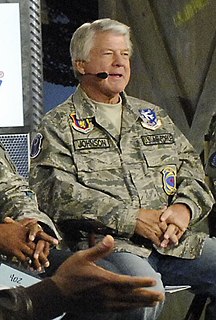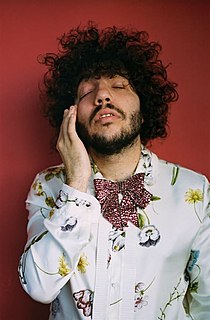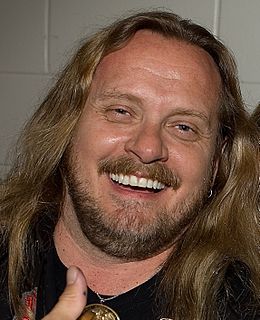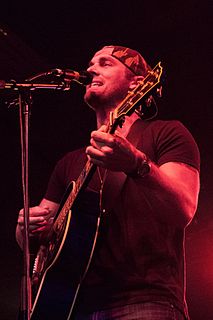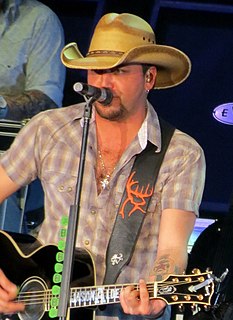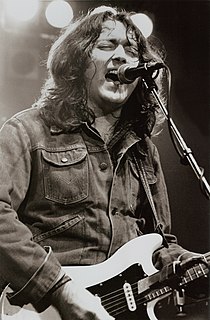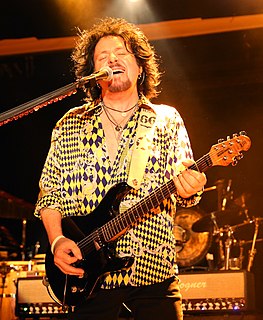A Quote by Johnny Mercer
I know all the songs that the cowboys know'bout the big corral where the doggies go,'Cause I learned them all on the radio.Yippie yi yo kayah
Related Quotes
I don't listen to the radio, cause I don't have a driver's license. But if I'm in L.A. or somewhere where we have to rent a car, I'll hear my songs. Sometimes I hear them when I'm in stores, and I'm still like a little kid in a candy shop: 'Oh my God, that's my song!' I don't know how that could ever get old.
The power of a label and radio and a booking agency and all that - you never know until you experience it the first time, but being able to have a song on radio, but then go play a show for people that have heard the song on radio, and having it sung back to you, is - I don't know how to describe it.
He [Alan Lomax] started right off trying to find people who could introduce folk songs to city people. He found a young actor named Burl Ives and said, "Burl, you know a lot of great country songs learned from your grandmother, don't you know people would love to hear them?" He put on radio programs. He persuaded CBS to dedicate "The School of the Air" for one year to American folk music. He'd get some old sailor to sing an old sea shanty with a cracked voice. Then he'd get me to sing it with my banjo.
We call them impact songs, and people buy impact songs. But you just never know what those songs are going to be. One of those songs that really went through the roof for us was 'Big Green Tractor,' which I thought was kind of a fun little ditty song that I never in a million years thought would be as big as it was. But it was.
The first songs I learned were 'It Takes a Worried Man' and Woody Guthrie's 'Grand Coulee Dam,' 'Rock Island Line' - those kind of American folk songs that were probably on the edge of blues. After that was Eddie Cochran and Chuck Berry songs. And then I heard Muddy Waters, Jimmy Reed and Big Bill Broonzy on the radio.
I’s been livin’ a long time in yesterday, Sandy chile, an’ I knows there ain’t no room in de world fo’ nothin’ mo’n love. I know, chile! Ever’thing there is but lovin’ leaves a rust on yo’ soul. An’ to love sho ‘nough, you got to have a spot in yo’ heart fo’ ever’body – great an’ small, white an’ black, an’ them what’s good an’ them what’s evil – ‘cause love ain’t got no crowded-out places where de good ones stay an’ de bad ones can’t come in. When it gets that way, then it ain’t love.
